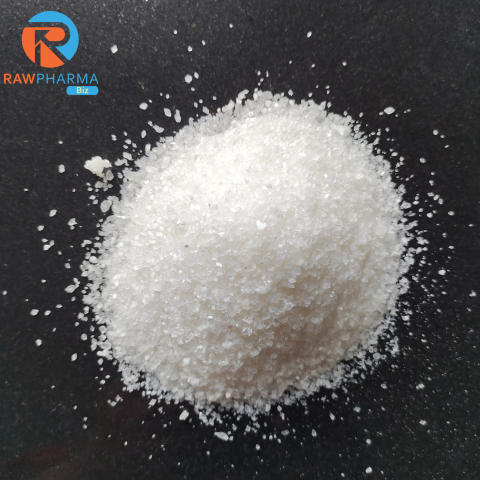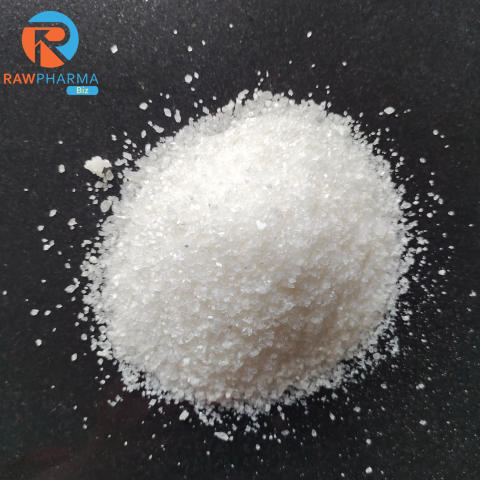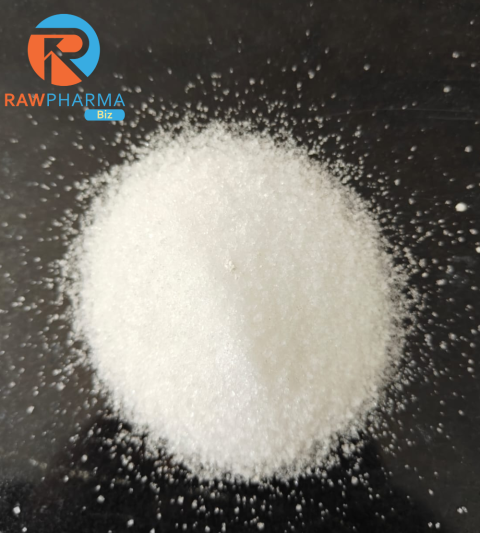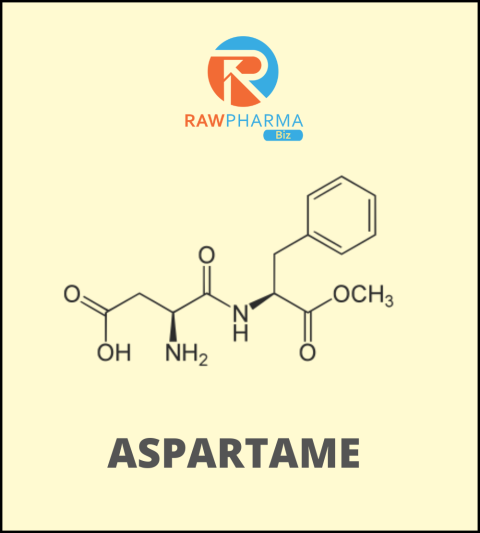Short Descriptions
Sodium saccharin is a synthetic sweetener with a high sweetness intensity, about 300 to 400 times sweeter than sucrose (table sugar). It is often used as a sugar substitute in various food and beverage products, including diet sodas, sugar-free desserts, and other low-calorie or sugar-reduced items. Despite its widespread use, sodium saccharin has been the subject of some controversy regarding its safety, with concerns raised and debated over the years. However, regulatory authorities, such as the U.S. Food and Drug Administration (FDA), have deemed it generally safe for consumption within established acceptable daily intake levels.
More Information
Details
Sodium saccharin is a synthetic sweetening agent that belongs to the category of artificial sweeteners. With an impressive sweetness intensity ranging from 300 to 400 times that of sucrose (table sugar), sodium saccharin is widely utilized as a sugar substitute in various food and beverage products, particularly in items geared towards individuals seeking to reduce their calorie or sugar intake. First discovered in 1878 by Constantin Fahlberg and Ira Remsen, sodium saccharin has a long history in the food industry as a non-nutritive sweetener. Its sweet taste is not metabolized by the body, making it virtually calorie-free and an attractive option for individuals with diabetes or those looking to manage their weight. Sodium saccharin is commonly used in the production of diet sodas, sugar-free desserts, jams, jellies, and other low-calorie or sugar-reduced products. Its stability under various conditions, including high temperatures, makes it suitable for cooking and baking applications. Additionally, the sweetener does not contribute to tooth decay, as it is not fermented by oral bacteria. Despite its widespread use, sodium saccharin has been the subject of ongoing scrutiny and debate regarding its safety. Early studies in the 1970s suggested a potential link between high doses of saccharin and bladder cancer in laboratory rats. Subsequent research, however, has questioned the relevance of these findings to humans and has led to a reevaluation of the sweetener's safety. Regulatory bodies, including the U.S. Food and Drug Administration (FDA) and the World Health Organization (WHO), have established acceptable daily intake levels for sodium saccharin. These levels are considered safe for human consumption based on available scientific evidence. The controversy surrounding the sweetener has led to extensive research and ongoing monitoring of its safety profile. In conclusion, sodium saccharin remains a widely used artificial sweetener, providing sweetness without the caloric content of sugar. While safety concerns have been raised, regulatory authorities generally consider it safe for consumption within established guidelines. As with any food additive, individuals with specific health concerns or conditions should consult with healthcare professionals for personalized advice on its use in their diet.





